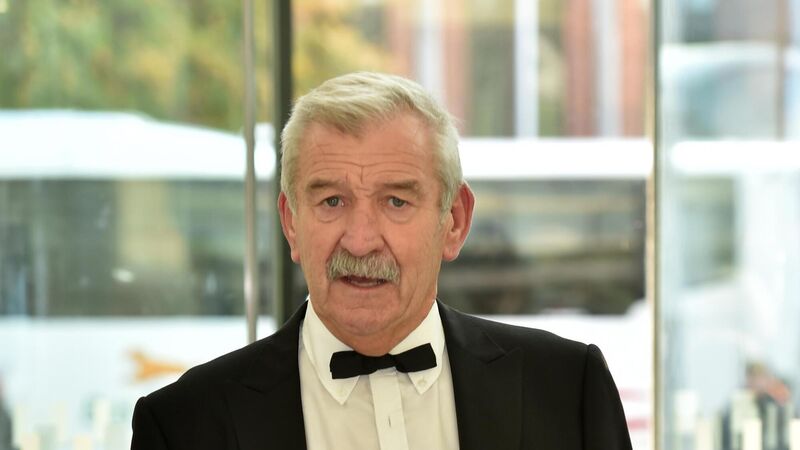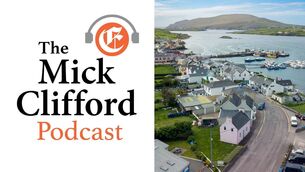Judge's drugs diversion programme helping cocaine users avoid criminal conviction

Judge Olann Kelleher: 'This programme allowed the participants to reflect on their drug use, What we’re trying to do is get in early and intervene and prevent people from developing any kind of significant drug problem.' Picture: Dan Linehan
It had got to the stage that Judge Olann Kelleher was racking his brain trying to figure out what to do with the latest drug cases coming before his court.
Some six years ago, streams of young men were being charged with possession of cocaine for their own personal use.












